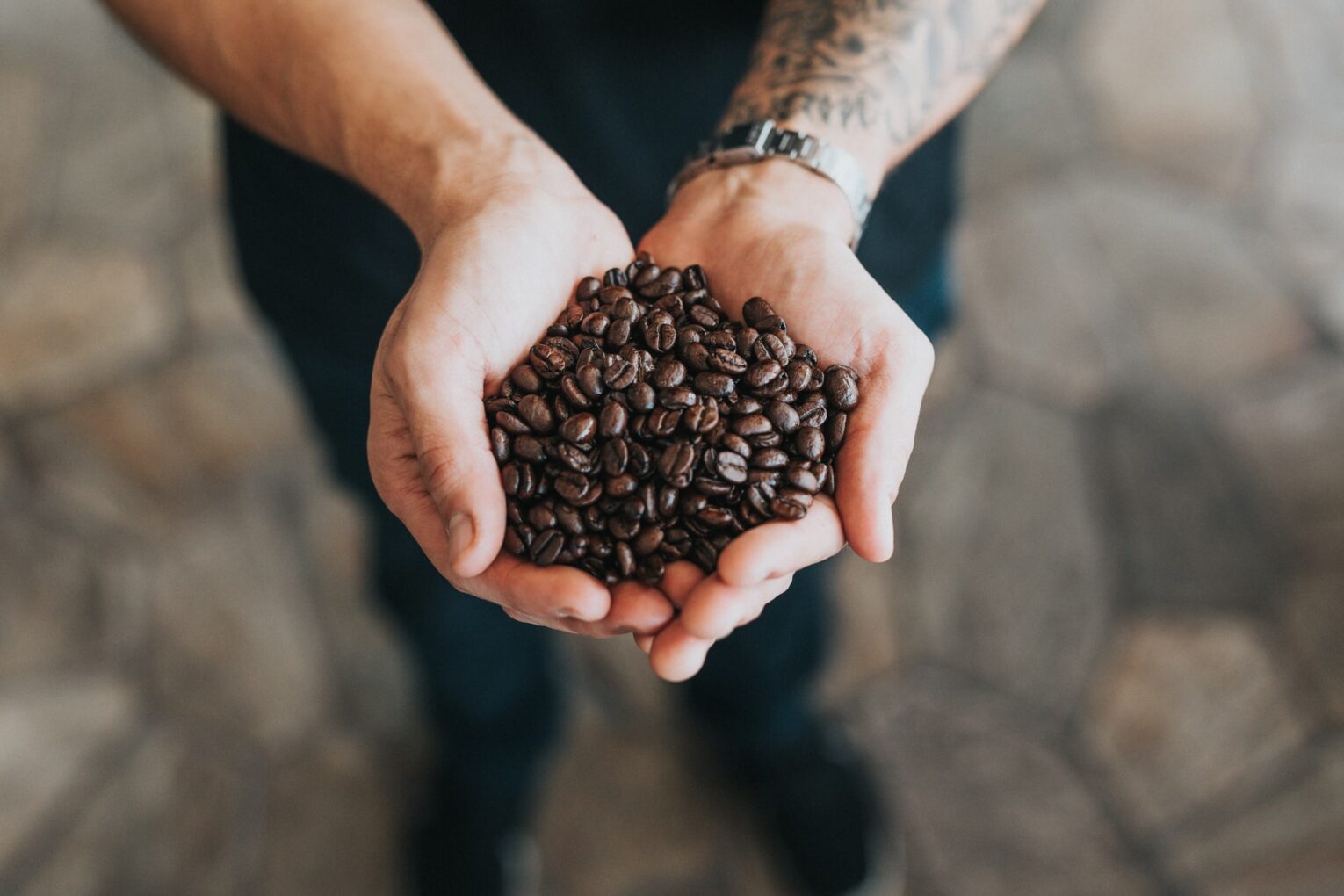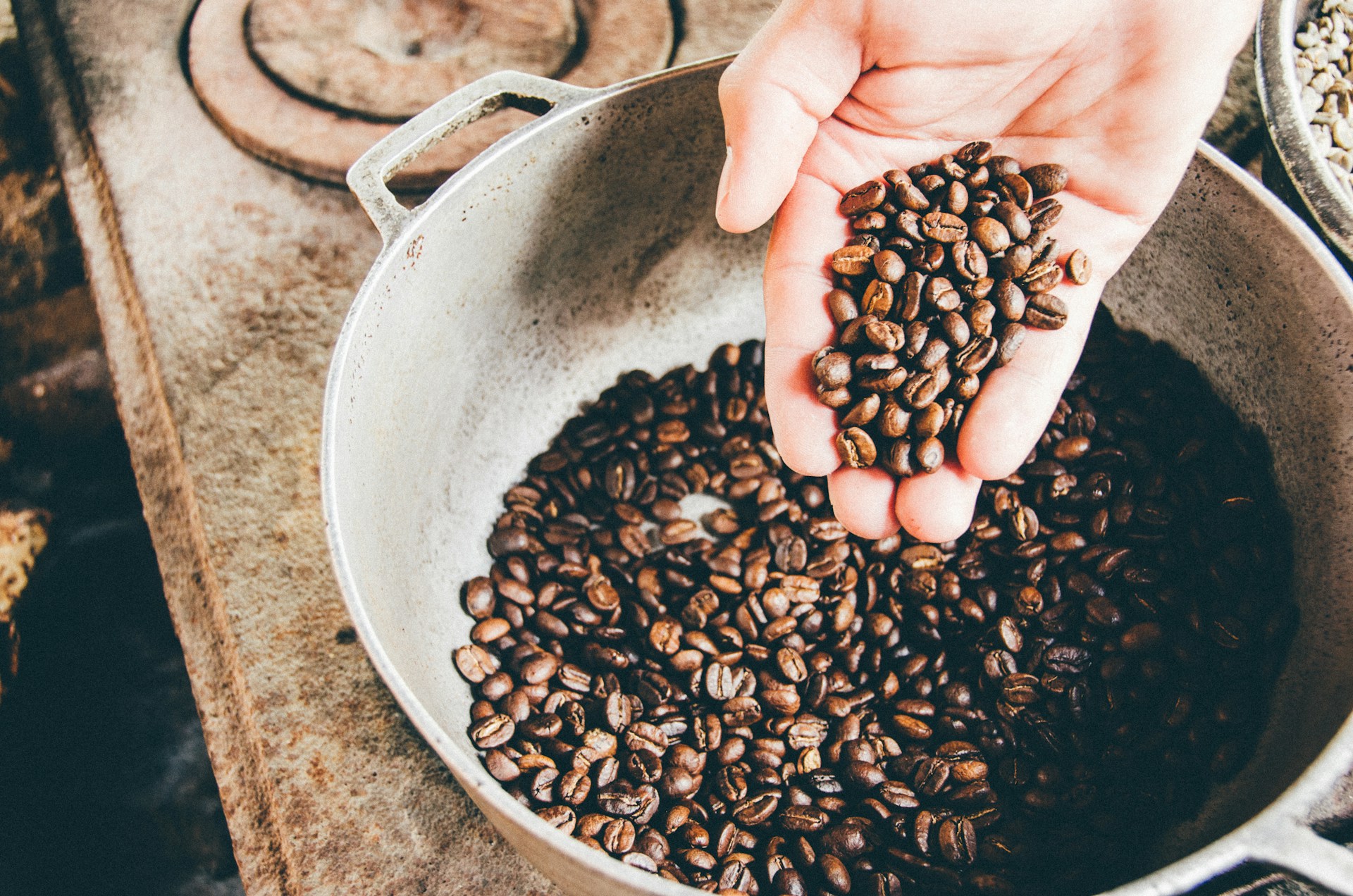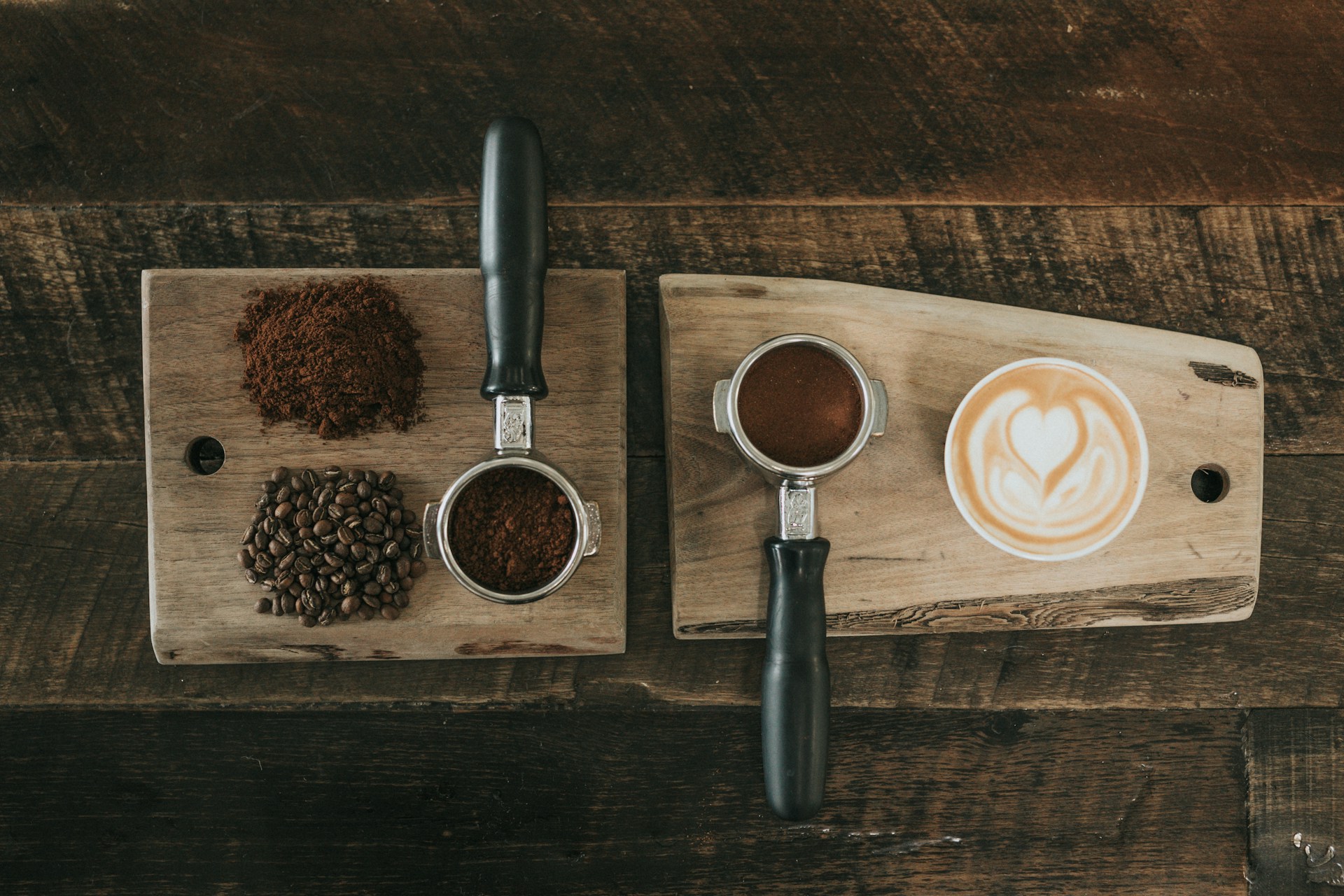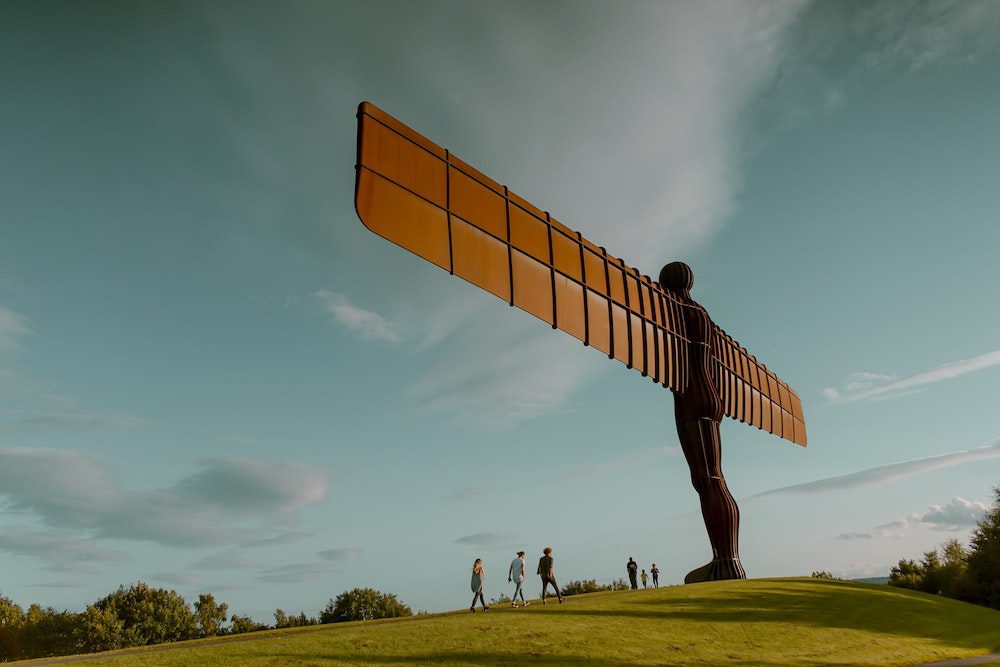From aroma to roasts, any coffee lover knows there’s more than enough variety when it comes to finding your favourite blend. But beyond choosing the best flavour that compliments the oat milk in your latte, it’s important to learn about the different origins of your coffee, including whether it’s organic.
What is Organic Coffee?
There are a couple of things that make coffee organic. Firstly, organic coffee has been made and produced with no synthetic fertilisers or pesticides. If any known synthetic fertiliser, such as nitrogen, phosphate or potash are found, then the coffee cannot be named organic.
This means that any of the fertilisers farmers use for their coffee has to be 100% organic or natural. This can include:
- Chicken manure
- Coffee pulp
- General compost

What’s more, organic farming takes longer than usual and requires at least three years of cultivation whereby no chemicals can come into contact with the crops at all. This may require a suitable crop rotation in order to prevent erosion, the depletion of soil nutrients and naturally control pests.
The chemical avoidance doesn’t just apply to the cultivation of the crop, either. In order to be ? organic, the coffee must also have been processed and packaged without coming into contact with any other chemicals.
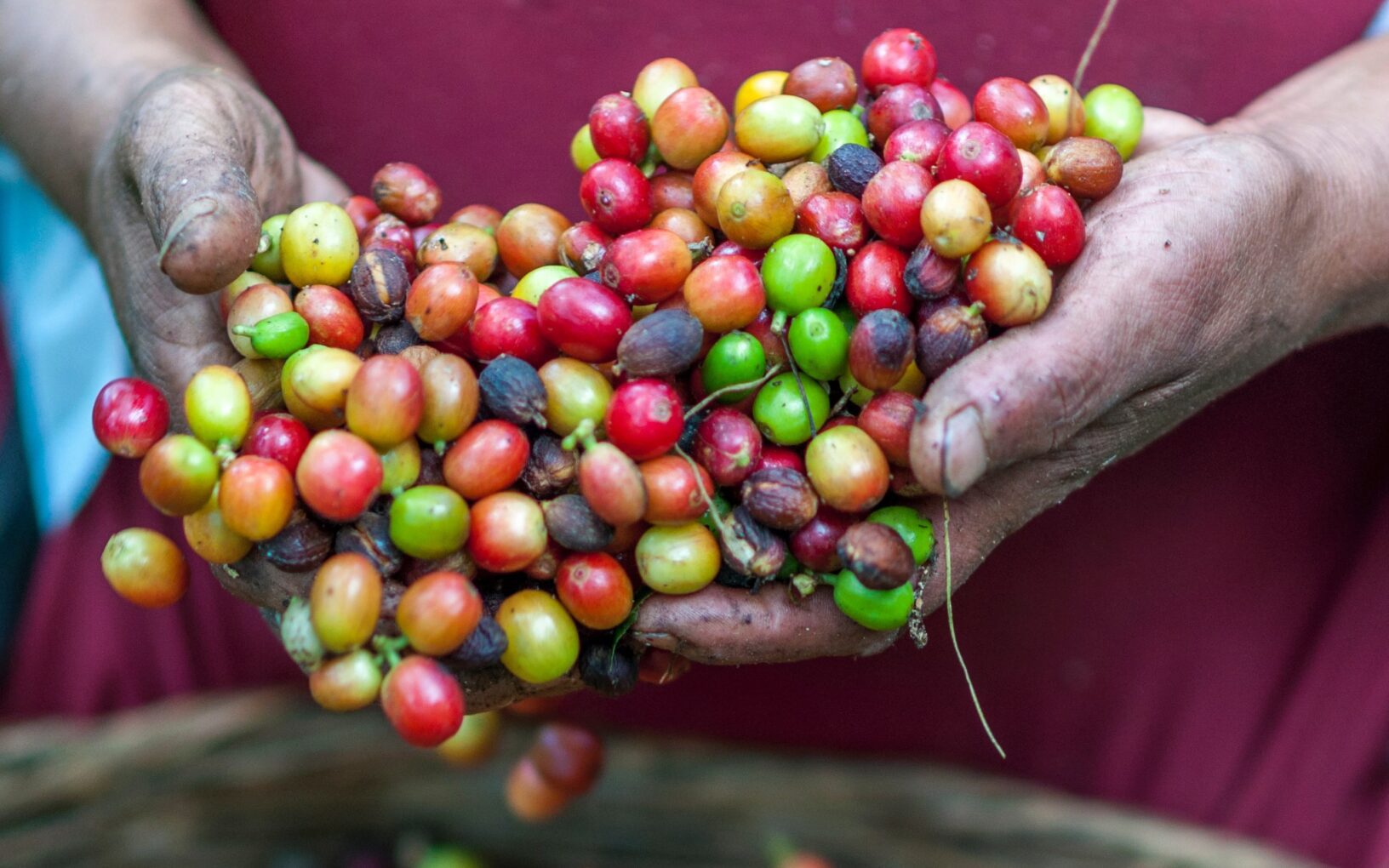
What’s the Difference Between Fairtrade and Organic?
Fairtrade is more concerned with the equality and treatment of the farmers who grow the coffee than with what fertiliser is used for the cultivation. That said, it has been claimed that 80% of Fairtrade coffee is non-commercially organic due to it being grown on smallholder farms that cannot afford the more expensive chemical fertilisers.
At Esquires, we only serve the best organic and Fairtrade coffee available. If you want to learn more about Fairtrade coffee, check our blog below.

Is Organic Coffee Better?
There is a lot of debate about whether organic coffee is better for you than conventional coffee, and the quick answer is yes. By choosing organic coffee, you can be sure that you’re not consuming any chemicals, either from the coffee itself or from the ground it was grown in.
Since the soil is untreated by chemicals, it’s also much richer in antioxidants and vitamins, which are then passed on to the coffee plant and, subsequently, the beans.
By choosing organic coffee, you’ll also be having a positive impact on the environment. This is because with no chemicals being used in the farming process, it means these chemicals are being kept out of the soil, air and water in the area. This is better for the local wildlife as well as the wellbeing of the farmers who don’t need to inhale any of the harsh chemicals.
Organic coffee also has a smaller carbon footprint than more conventional coffee. And, seeing as coffee is the second most traded commodity in the world, by choosing organic, you can also help have a positive impact on the planet!
If you’re looking to be more health-conscious, or you’re trying to find small ways to live a more sustainable life, then perhaps now is the time to make the switch to organic coffee. Not only will you be helping yourself, but you’ll also be doing your part for the planet.
At Esquires, we’re proud to say that all of our coffee is both Fairtrade and organic.
If you’re interested in becoming a part of an ethical coffee franchise, then get in touch with us today, or explore the franchising opportunities we can offer you.

